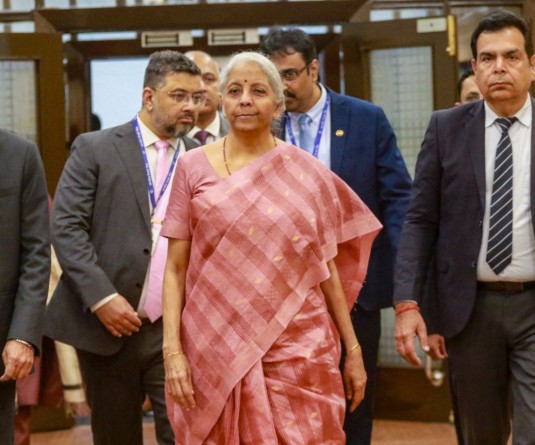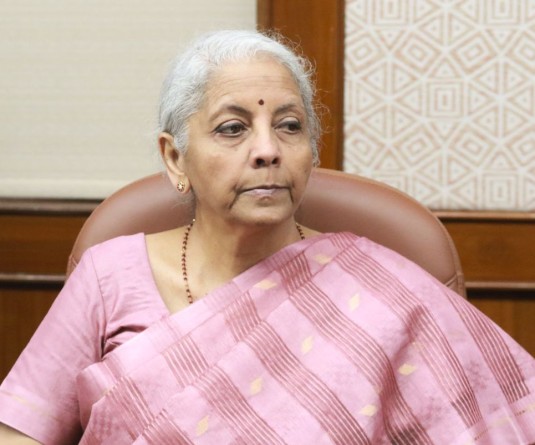
New Delhi, August 8 (IANS): The Inter-Services Organisation (Command, Control and Discipline) Bill, 2023 has been passed by the Parliament with the Rajya Sabha clearing the law on Tuesday.
The bill, which seeks to empower the commander-in-chief and commanding officers of Inter-Services Organisations (ISOs) with all disciplinary and administrative powers in respect of the personnel serving in or attached to such organisations, was passed by the Lok Sabha on August 4.
Piloting the bill in the Upper House, Defence Minister Rajnath Singh described the bill as necessary to strengthen the armed forces in view of the global security scenario, emphasising that only through better jointness and integration, can the military move forward towards securing national interests.
The bill will ensure better coordination among the three services and bolster the integrated structure, he said, assuring the house that it will prove to be a milestone in the path to India's military reforms.
The Defence Minister pointed out that today’s warfare is no longer conventional, but has become technology and network-centric, which makes it even more important for the three services to work with greater coordination to face future challenges faced by the country.
Currently, the armed forces personnel are governed in accordance with the provisions contained in their specific Service Acts - the Army Act, 1950, the Navy Act, 1957, and the Air Force Act, 1950.
The enactment of the Bill will have various tangible benefits such as maintenance of effective discipline in inter-services establishments by the heads of ISOs, no requirement of reverting personnel under disciplinary proceedings to their parent service units, expeditious disposal of cases of misdemeanours or indiscipline and saving of public money and time by avoiding multiple proceedings.
It would also pave the way for much greater integration and jointness amongst the three services, lay a strong foundation for creation of joint structures in times to come and further improve the functioning of the Armed Forces, the Defense Minister said.
He said that the bill will be applicable to all personnel of all the three services as well as persons of other forces as notified by the Central government, who are serving in or attached to an Inter-Services Organisation.
This Bill empowers the commander-in-chief, officer-in-command or any other officer specially empowered in this behalf by the Central government with all the disciplinary and administrative powers in respect of personnel serving in or attached to their inter-services organisations for the maintenance of discipline and proper discharge of their duties, irrespective of the service to which they belong to.
The commander-in-chief or officer-in-command means the General Officer/Flag Officer/Air Officer Commanding who has been appointed to the post. To maintain command and control in their absence, the officiating incumbent or the officer on whom the command develops in their absence of a C-in-C or Oi/C, will also be empowered to initiate all disciplinary or administrative actions overs the service personnel, appointed, deputed, posted or attached to an Inter-Services organisation.
The Bill also empowers the commanding officer of an inter-services organisation to initiate all disciplinary or administrative actions over the personnel appointed, deputed, posted or attached to it.
The Bill also empowers the Central Government to constitute an Inter-Services Organisation.
The Defence Minister said that the bill is essentially an Enabling Act and it does not propose any change in the existing service acts/rules/regulations which are time-tested and have withstood judicial scrutiny over the last six decades or more. Service personnel when serving in or attached to an ISO will continue to be governed by their respective Service Acts. What it does is to empower commanders of the ISO to exercise all the disciplinary and administrative powers as per the existing service acts/rules/regulations, irrespective of the service they belong to.






